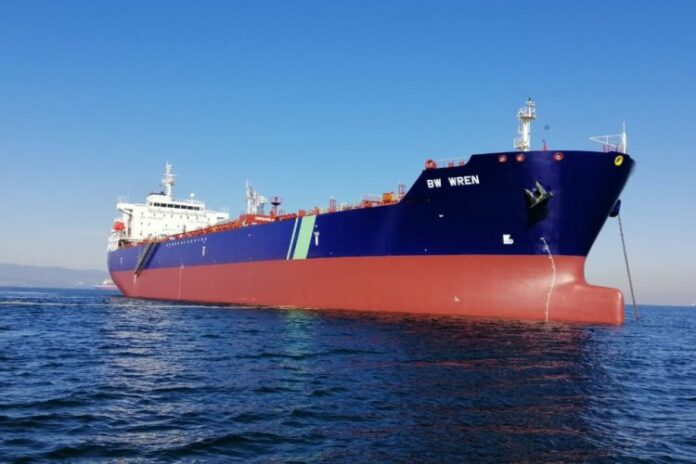The combination of the two Wärtsilä systems ensures an optimised waterflow over and after the propeller, thereby improving propulsion efficiency considerably. The order was booked by Wärtsilä in October 2023.
EnergoFlow is an innovative pre-swirl stator that creates an optimal inflow for the propeller, reducing fuel consumption and emissions in all operating conditions. The EnergoProFin is an energy saving propeller cap with fins that rotate together with the propeller. It reduces the energy losses created by the propeller hub vortex, increasing overall propulsion efficiency and significantly reducing underwater noise.
By improving the vessels’ fuel efficiency, emissions are reduced, operating costs are lowered, and both the Carbon Intensity Indicator (CII) rating and Energy Efficiency Existing Ship Index (EEXI) value are improved.
“There are many benefits to be gained by improving the operating efficiency of our vessels’ propulsion systems and we look forward to having these innovative Wärtsilä solutions installed,” said Ralph Juhl, EVP, Technical Director at Hafnia. “At Hafnia we are working hard to decarbonise our operations and these retrofitted solutions will support this commitment.”
“Wärtsilä’s OPTI Design methodology takes advantage of computational fluid dynamics along with our extensive in-house know-how. The EnergoProFin propeller cap and EnergoFlow pre-swirl stator work together to deliver meaningful fuel savings and better environmental performance, which are key ambitions for today’s leading operators,” commented Francois Emin, Product Manager – Propulsion, Wärtsilä.
The Wärtsilä equipment is scheduled to be delivered commencing in 2024. The project will be carried out over a two-year period for the 10 vessels.



